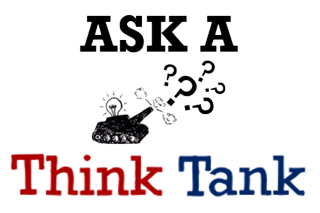 For this Ask a Think Tank, Stephen D. from Lancaster, PA asks:
For this Ask a Think Tank, Stephen D. from Lancaster, PA asks:
Where is all the Arab support that the U.S. said was necessary before we would take any action against Libya? All I see is Qatar listed in the coalition.
Shadi Hamid, Brookings Saban Center for Middle East Policy Fellow and Director of Research at the Brookings Doha Center, replies:
I have to say I find this fixation on Arab military support somewhat odd. When was the last time the Arab countries enforced a no-fly zone? That’s just not what they do. As I wrote in a recent piece in the New York Times, Arab regimes – because they are largely unpopular and authoritarian – have foreign policies’ oriented almost entirely around regime survival and protecting core interests. Many of them are putting down their own revolts as we speak. In short, they have little stomach for real involvement in a complex military operation. For both better and worse, there is no substitute – yet – for Western leadership. That said, there is Arab moral and political support for the intervention in Libya and that’s critical. The Arab League, the Gulf Cooperation Council, and the Organization of the Islamic Conference all called for a no-fly zone well before the U.S. did. Perhaps more importantly, Arab public opinion is much more sympathetic to the operation in Libya than it was to the Iraq war in 2003. As revolts sweep the region, Arabs, by and large, want to see Libyans succeed just as Egyptians and Tunisians did and live in a free Libya. That said, many Arabs, even if they want Qaddafi out, retain a deep suspicion of the U.S. and wonder what its motivations are in intervening in Libya. That distrust is not going to go away anytime soon, which may mean that continued Arab support is not necessarily a sure thing if the West’s military involvement drags on without clear results.










Comments